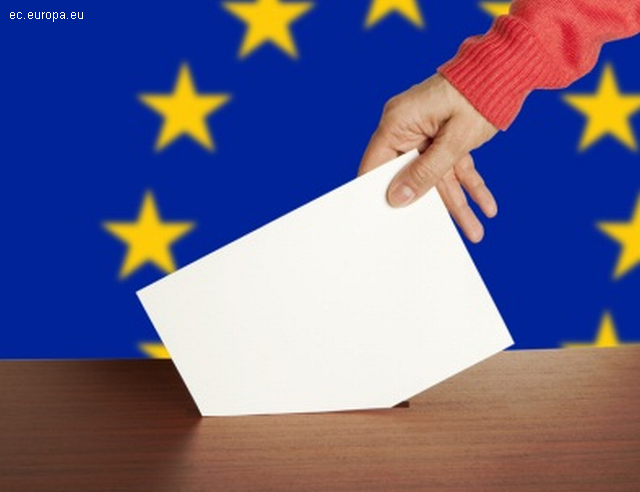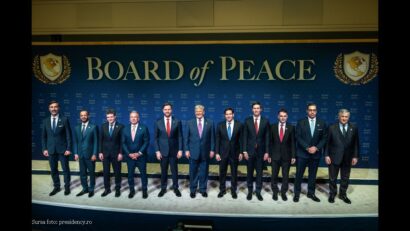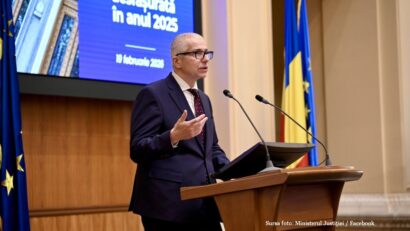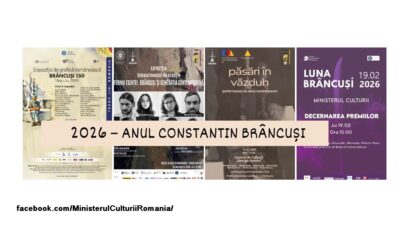The European Parliament Elections in Romania
For some of the candidates to the European Parliament elections in Romania, the election campaign is taking place in court. The independent candidate Mircea Diaconu, a well-known theatre and film actor, will be able to run for a seat in the European Parliament, following a final ruling by the Bucharest Court of Appeal.

Florentin Căpitănescu, 10.04.2014, 12:47
For some of the candidates to the European Parliament elections in Romania, the election campaign is taking place in court. The independent candidate Mircea Diaconu, a well-known theatre and film actor, will be able to run for a seat in the European Parliament, following a final ruling by the Bucharest Court of Appeal.
Previously, the National Integrity Agency and the Public Ministry challenged his candidacy before the Bucharest Tribunal. In 2011, the National Integrity Agency said Mircea Diaconu held two incompatible positions, as he was both an MP and a theatre director. Based on the Agency’s report and a court ruling that Diaconu no longer had the right to hold any public office until 2015, the Central Election Bureau initially rejected his candidacy.
Mircea Diaconu is, however, determined to fight for a seat in the European Parliament. A member of the National Liberal Party, now in opposition, he has resigned from this party, which appointed him ministry of culture and pushed him to the frontline of political life.
The Bucharest Court of Appeal also ruled that the list for the European Parliament elections submitted by Corneliu Vadim Tudor on behalf of the nationalist and extra-parliamentary Greater Romania Party is eligible.
The Central Election Bureau had rejected the list for technical reasons mainly related to the number of necessary signatures collected by the party. For Vadim Tudor, the founder of the Greater Romania Party and the prototype of far-right extremism in post-communist Romania, the European elections are the only chance of political survival.
After a stormy break-up with a splinter group led by Vadim’s former right-hand man, Gheorghe Funar, the Greater Romania Party relies solely on Vadim’s reputation. After winning a seat in the European Parliament in 2009, Vadim’s standard xenophobic and homophobic discourse has lost some of its radicalism, perhaps also because ultra-nationalist themes are no longer appealing to Romanian voters.
Once passionately using every opportunity to engage in heated election debates, in 2014 Vadim Tudor seems more concerned about his appearance in tabloid TV shows. It remains to be seen how successful this new approach is on 25th May, the date of European Parliament elections.






























